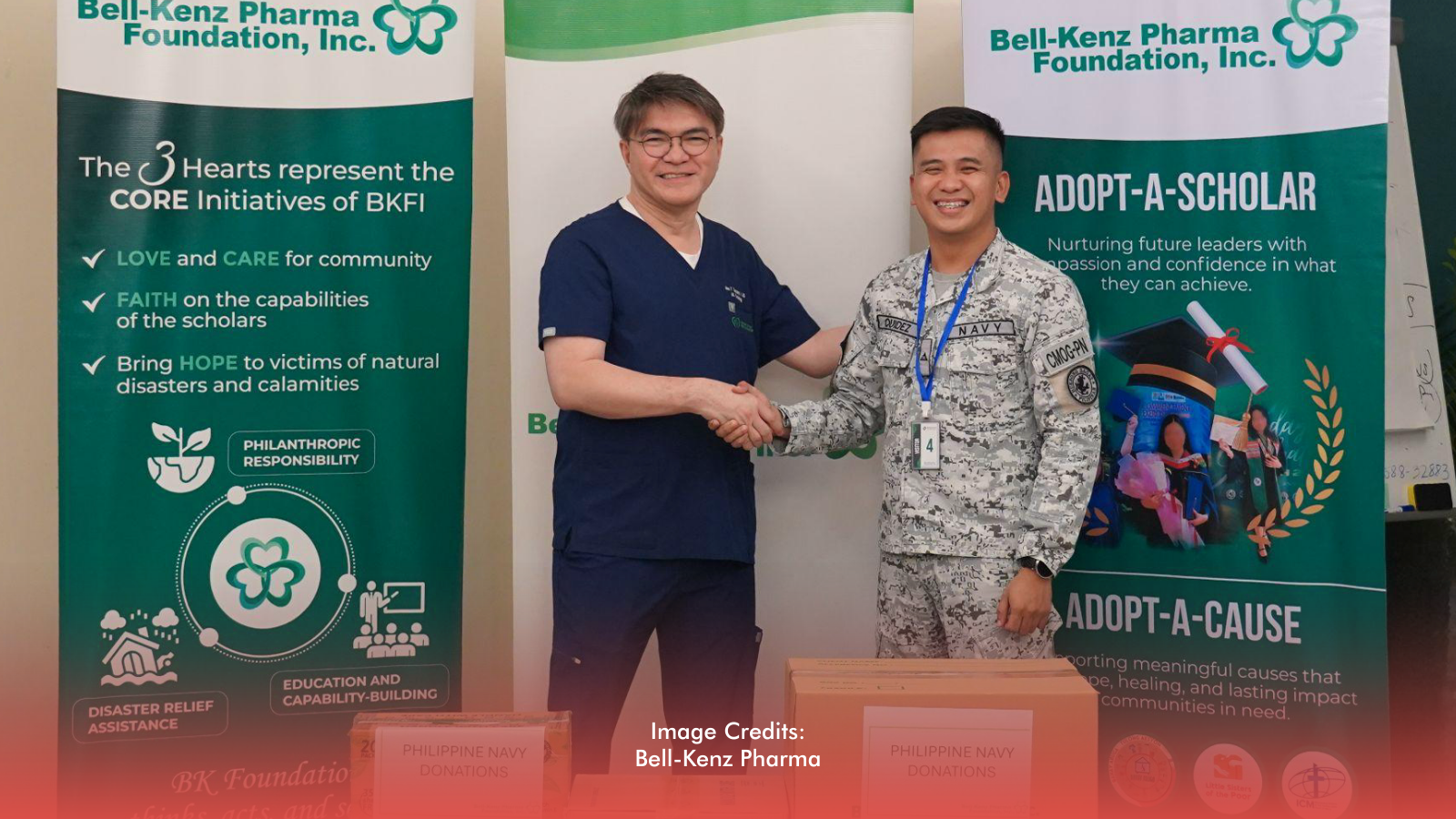Researchers from the University of the Philippines (UP) have identified a marine-derived compound that could improve treatment for advanced breast cancer. Renieramycin M (RM), extracted from the Philippine blue sponge, enhances the effectiveness of the chemotherapy drug doxorubicin (Dox) while reducing its harmful side effects. Their findings, published in SciEnggJ in September 2024, show that the RM-Dox combination was able to significantly shrink tumors in mice.
The study was led by Dr. Gisela Concepcion, a marine scientist and professor emeritus at UP. She collaborated with Dr. Lilibeth Salvador-Reyes, Zildjian Acyatan, Shalice Susana-Guevarra, Myra Ruth Picart, and Eliza Belen.
How It Works
Dox is widely used in breast cancer treatment, but high doses are often needed, leading to severe side effects. RM, known for triggering cancer cell death, was tested to determine if it could enhance Dox’s impact. Earlier lab experiments suggested a promising interaction, prompting the team to conduct further testing in live models.
The researchers purified RM with assistance from Chulalongkorn University and Meiji Pharmaceutical University. They then tested the combination on 4T1 mouse mammary tumor cells, a standard model for advanced-stage breast cancer. The results were striking: RM combined with Dox not only improved tumor reduction but also lowered toxicity compared to Dox alone.
Next Steps
The researchers believe this discovery could lead to more effective and less toxic treatment options for metastatic breast cancer. "Our findings suggest that RM-Dox combinations may offer a better approach for patients," they said.
However, more studies—including clinical trials—are necessary before RM-based treatments become available. The need for better therapies is pressing. In 2022, breast cancer affected 2.3 million women worldwide, with 670,000 deaths, according to the World Health Organization. In the Philippines, about 65% of cases are diagnosed at an advanced stage, among the highest rates in Asia.
This breakthrough highlights the potential of marine biodiversity in developing new medical treatments and offers hope for improved cancer therapies in the future.








